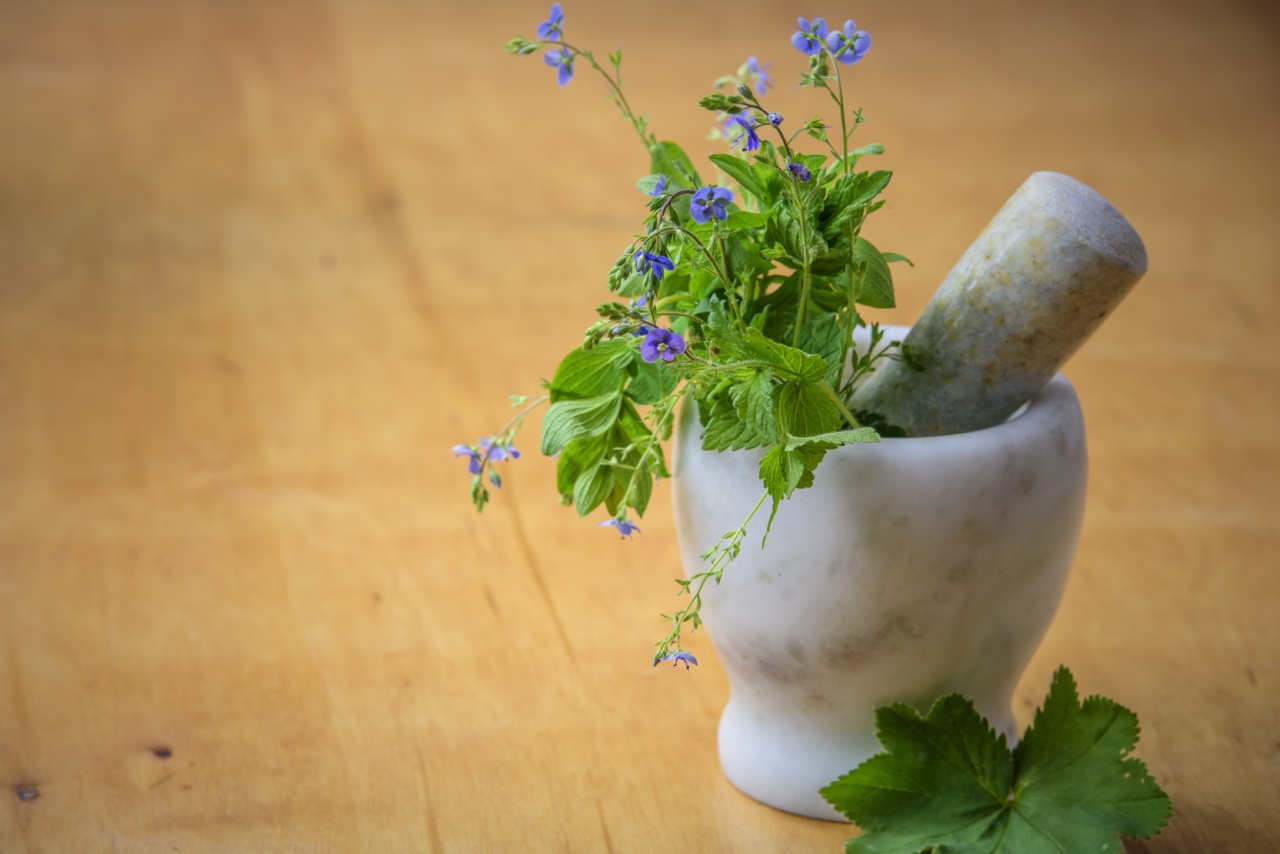Mental health issues affect millions of people worldwide, leading to emotional, psychological, and physical suffering.
While traditional treatments like therapy and medication can be effective, many individuals seek alternative approaches to support their mental well-being. One such approach gaining momentum is the use of natural substances. These substances, derived from plants or naturally occurring minerals, have shown promise in alleviating symptoms associated with various mental health conditions.
In this article, we explore the healing power of natural substances and their potential benefits for mental health.
1. St. John’s Wort: Nature’s Antidepressant
St. John’s Wort is a flowering plant native to Europe, commonly used as an herbal remedy for depression. Numerous studies have indicated its effectiveness in reducing symptoms of mild to moderate depression.
The plant’s active compounds, including hypericin and hyperforin, are thought to increase serotonin, dopamine, and norepinephrine levels in the brain, thereby improving mood and emotional well-being.
2. Lavender: A Calming Aromatherapy
Lavender, known for its soothing scent, is widely used in aromatherapy to promote relaxation and alleviate anxiety. Research suggests that inhaling lavender essential oil can reduce feelings of anxiety and even improve sleep quality.
Its calming effects are believed to be linked to the impact of certain compounds on the brain, such as linalool and linalyl acetate.
3. Omega-3 Fatty Acids: Nourishing the Mind
Omega-3 fatty acids, primarily found in fish oil, are essential nutrients crucial for brain function. Studies have revealed a potential link between omega-3 deficiency and mental health disorders such as depression and bipolar disorder.
Supplementing with omega-3 fatty acids may help reduce symptoms of these conditions and promote overall mental well-being.
4. Chamomile: A Natural Stress Reliever
Chamomile, a gentle herb commonly consumed as a tea, offers various mental health benefits. Its anti-inflammatory and antioxidant properties have been linked to a reduction in symptoms of anxiety and depression.
Moreover, chamomile tea has a calming effect, making it an excellent natural remedy for stress relief.
5. Curcumin: Harnessing Turmeric’s Power
Curcumin, the active compound in turmeric, has long been used in traditional medicine for its anti-inflammatory and antioxidant properties. Recent studies have highlighted its potential as an adjunctive treatment for major depressive disorder.
Curcumin is believed to modulate neurotransmitters and reduce inflammation in the brain, thereby influencing mood and mental well-being.
6. Passionflower: Easing Anxiety and Insomnia
Passionflower, derived from the Passiflora plant, has been recognized for its calming and sedative effects. Native Americans have used passionflower for centuries to alleviate anxiety, insomnia, and restlessness.
Research suggests that certain compounds in passionflower may interact with receptors in the brain associated with anxiety, promoting relaxation and reducing symptoms.
7. Ashwagandha: Ancient Herb for Stress Management
Ashwagandha, an ancient Indian herb, is renowned for its adaptogenic properties. Adaptogens are substances that help the body cope with stressors, promoting balance and resilience.
Studies have shown that ashwagandha supplementation can reduce cortisol levels (the stress hormone) and improve symptoms of anxiety and depression.
8. CBD Oil: Cannabidiol’s Therapeutic Potential
CBD, short for cannabidiol, is a non-psychoactive compound derived from the cannabis plant. It has gained significant attention for its potential in treating various mental health conditions.
Research suggests that CBD oil may have anxiolytic and antidepressant effects, providing relief for individuals with anxiety disorders and depression.
9. Saffron: A Natural Antidepressant
Saffron, a vibrant spice derived from the Crocus sativus flower, is not only a culinary delight but also exhibits antidepressant properties.
Studies have indicated that saffron supplementation may be as effective as certain antidepressant medications in reducing symptoms of major depressive disorder. The specific mechanism of saffron’s antidepressant effects is still under investigation.
10. Rhodiola Rosea: Enhancing Cognitive Function
Rhodiola rosea, a herb commonly found in cold regions, has been used for centuries to enhance mental performance and reduce fatigue. It is considered an adaptogen, helping the body adapt to physical and mental stress.
Research suggests that rhodiola rosea supplementation may improve cognitive function, increase attention span, and reduce symptoms of depression.































